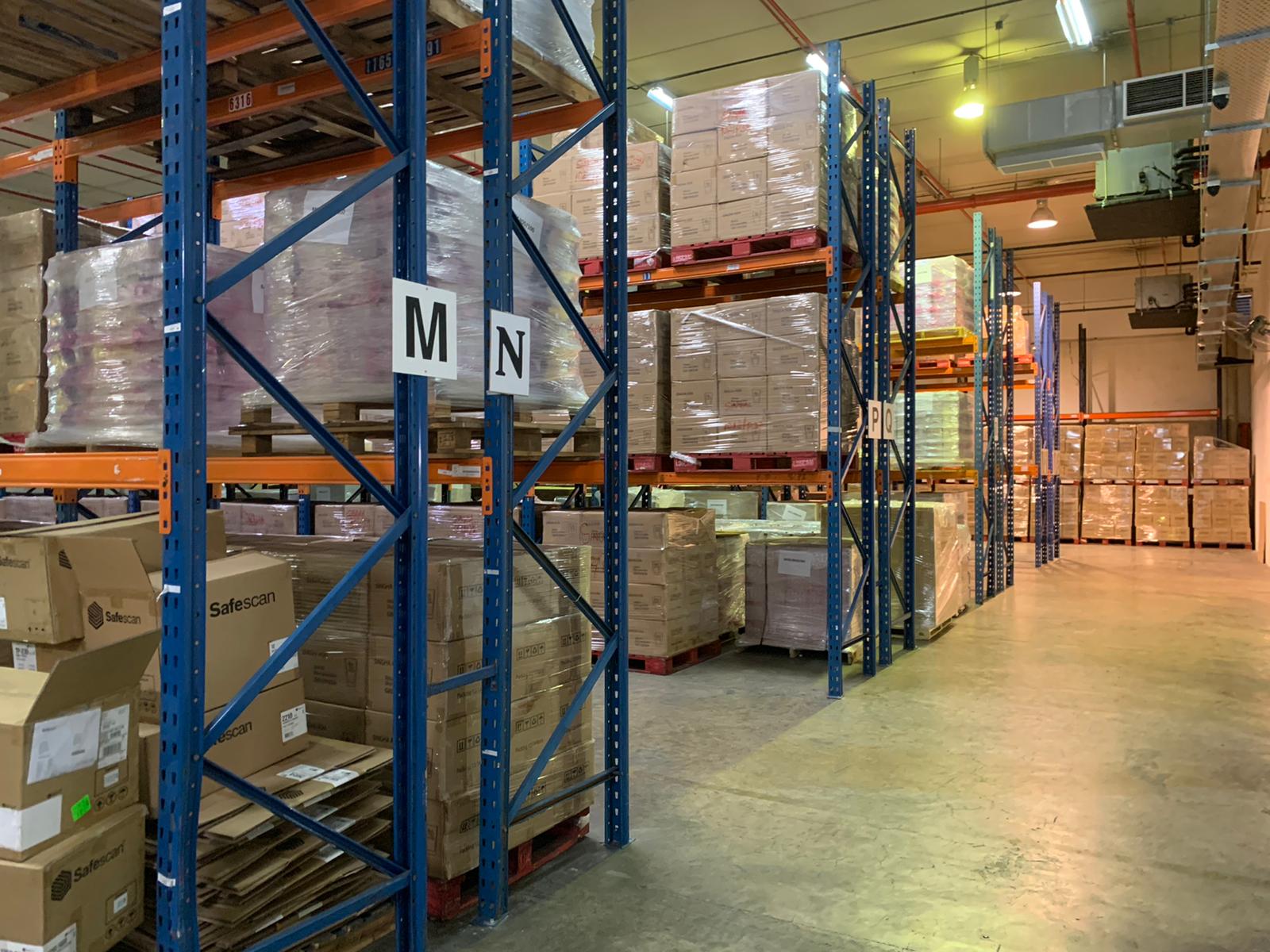Challenges and Solutions – Navigating Singapore’s Logistics Landscape
Singapore is home to 5.347 million residents. residing predominantly in urban areas, and covers - approximately 718 square kilometres of land. Despite its modest land size, Singapore has emerged as a leading global player in the logistics industry and continues to remain at the forefront. As per recent statistics issued in collaboration with the World Bank, Singapore ranks first in the logistics performance index (LPI) for 2023, competing against 12 developed nations from across the globe. Maintaining this competitive edge requires navigating a constantly evolving logistics landscape with its own set of challenges. Join us as we explore some of these key hurdles and suggest some possible solutions as a leading logistics company in Singapore.
#1 Infrastructural Constraints
Despite an extensive network of ports and airports, Singapore faces limitations in land availability for further infrastructure development. This can lead to congestion, especially during peak periods, impacting efficiency and increasing associated costs.
Possible Solutions:
- Optimising existing infrastructure: logistics service providers in Singapore can further explore advanced technologies such as automation and data analytics to improve efficiency in existing facilities.
- Multi-modal transportation: logistics delivery services can be encouraged to use alternative modes of transportation, like inland waterways (ferry services) and coastal shipping, where possible. These are cost-cutting and time-efficient methods that can help alleviate pressure on road transportation and cut down on the carbon footprint.
- Vertical warehousing: When considering warehousing in Singapore, exploring the feasibility of building multi-storeyed warehouses (building upwards) to maximise storage capacity within limited land space is another promising option.
#2 Labour Shortages
As with many other industries, the logistics industry in Singapore also faces a skilled labour shortage, particularly for physically demanding tasks and specialised roles. It is envisaged that this demand will continue to grow as Singapore strives to cement its position further as a global transshipment hub. Lack of trained staff can not only hinder operational efficiency but also growth potential. Furthermore, Singapore's workforce significantly relies on migrant workers for skilled labour. For example in 2022, 40% of the workforce consisted of migrant workers.
Possible Solutions:
- Investing in automation: Implementing automated solutions for repetitive tasks can free up human resources for higher-value activities that require critical decision-making. This would also enable businesses to better streamline processes and achieve better productivity.
- Upskilling and reskilling the existing workforce: Providing training programmes to equip current employees with the IT skills needed for evolving roles is a must as Singapore looks into a fully digitalised economy in the near future.
- Attracting foreign talent: Streamlining immigration processes and offering competitive compensation packages can entice skilled individuals from abroad to join the Singapore workforce.
#3 Supply Chain Disruptions
Singapore remains the world's largest transshipment hub and is poised to maintain this position for many years to come. However, global trade disruptions caused by factors like geopolitical tensions, pandemics, and natural disasters can significantly impact the smooth flow of goods through Singapore's logistics network. This necessitates that logistics service providers also take precautionary measures to successfully mitigate these challenges.
Possible Solutions:
- Investment in technology: Real-time tracking systems and data analytics are essential for increased visibility and improved responsiveness to disruptions. If you are a transport company in Singapore, investing in AI-enabled technology is one of the easiest ways to do so. Such systems can receive automated and real-time updates on container movements, enabling businesses and logistics providers in Singapore to monitor cargo movements efficiently.
- Collaboration and communication: Building strong partnerships with suppliers, carriers, and customers is key to any reliable transport company in Singapore. Furthermore, by communicating possible supply chain delays in advance, logistics delivery services can build trust and understanding with their clients.
TSL Logistics: Gearing up for Modern Industry Challenges
By acknowledging and addressing these challenges through innovative solutions, Singapore can continue to solidify its position as a leading player in the global logistics landscape. With the new Tuas Port poised to become the world's largest automated container terminal upon completion of its fourth and final phase in 2040, the successful and gradual implementation of these strategies and adapting sustainable technologies is key for any logistics company in Singapore.
In its quest to remain resilient and thrive in the rapidly evolving logistics landscape of Singapore, TSL Logistics, as a trusted and reliable logistics provider, is well equipped and prepared to tackle these challenges. If you are looking for a logistics partner who can efficiently cater to all your present and future logistics and supply chain needs, give us a call today! Our experts are here to help!
You might also like



